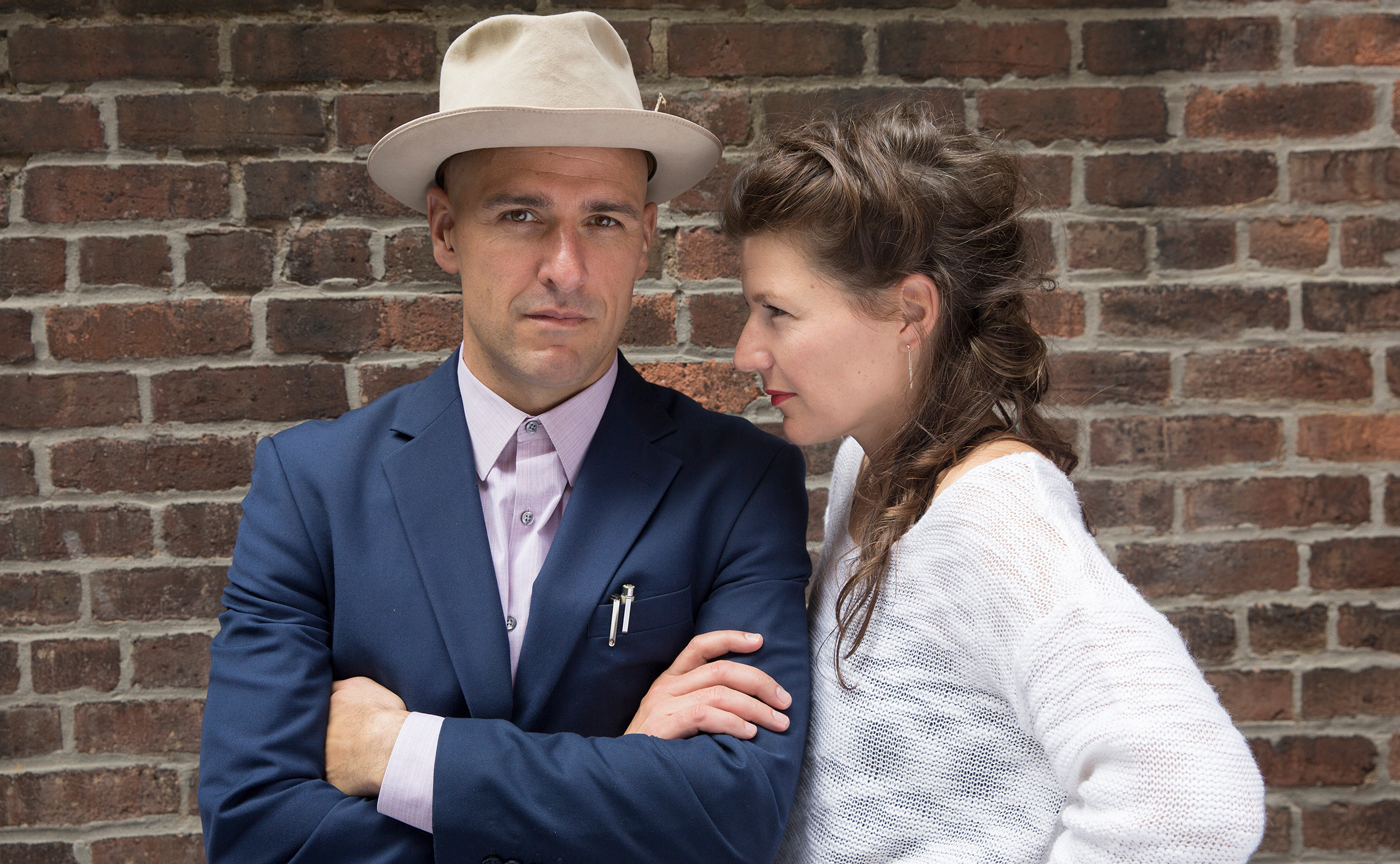A guest blog by Jonathan Draper, General Secretary of associate Modern Church
I recently had the interesting experience of watching Mission Impossible: Fallout and Mamma Mia!2 on consecutive evenings. The first paints a dark picture of the violence, danger and injustice in the world; the second warms the heart. While the fight against the darkness in this world must never end, we also need to remember that the fight for justice is also a matter of the heart.
Our hearts, as John Wesley knew, can be warmed in many kinds of ways. And when our hearts are warmed we can see more clearly, we can feel more deeply, and the resolve to change – the world, ourselves – becomes more possible. Music, throughout all of human history, has been a universal means of warming the heart, and so it is that Modern Church is delighted to sponsor a duo – The Welcome Waggon – who do just that: warm the heart and open the mind with music sung from the heart, and from the heart of the Gospel.
The warming of our hearts is not a fluffy thing: as our emotions are engaged, often unbidden, understanding and insight can emerge. We can not only see more clearly, our minds are also engaged in a different kind of way, because our whole being is fully alive. The left and right sides of our brains engage with each other: art informs thought; thought responds to art – action is shaped in wholeness, we begin to live in the full way God intends, as we see in Jesus.
Art, whether it is music, the visual arts, or the spoken/written word, can fuel the imagination, which is where the heart and the head come together. Greenbelt, of course, is designed to be a place where that can happen. And the stimulated imagination is where we come to think outside the box, where we begin to understand that the world need not be the way it is, because we can imagine a different or a better way of being.
The critical thing about the Christian imagination (though it is not limited to Christians or even people of faith) is that it is open to change. The default status of the Christian is that we need to be changed: we find no resting place, no sense of arrival in our understanding of ourselves, the world or God. Change is no once-for-all experience, it is, rather, a way of life. Allowing ourselves to be open to change, open to the insights, views and experience of others, is integral to the Christian life, to Christian spirituality, and Christian thought. Certainty is a luxury none of us has; it is an illusion.
It is easy to be taken in by the siren voices who tell you that we can know the mind of God with clarity, coherence, and simplicity. That can only be true if we choose to ignore the things that are unclear, the things that don’t stand well together, the things that are complex and difficult. We need the reminder of Paul Tillich that we live on the boundary: between the human and the divine, between knowing much and knowing little, between understanding and ignorance, between what is good and what is evil, between beauty and ugliness, between hope and despair.
We don’t have much choice about that. So, we can revel in the possibilities that living on the boundary brings, or we can fret about it wishing things were clearer. We can live with uncertainty, or we can opt to close our eyes and live with the illusion of certainty.
Living with heart and mind and eyes open is what we are called to do; that is what it means to be attentive to the Spirit of God who is as uncontrollable as wind and fire, who leads us from where we are to new places and new ideas, who challenges our complacency and our pretence to certainty. It will lead us to the place of faith.
I’m writing this as the tributes to Aretha Franklin are pouring out and dominating the news. I, like so many others, am privileged that she was a part of the soundtrack of my life. Apart from the sheer quality of her voice, many of these tributes also point to the emotional depth of her music, and the powerful voice she gave for justice, especially racial justice. It is no coincidence that both these arose out of her faith and the rich tradition of Gospel music in which she grew and developed and was formed. It is also no coincidence that the churches in which she grew up, and of which her father was a pastor, were also deeply involved – as a matter of Christian faith – with the struggle for justice and equality. The heart and mind and the resolve to change were one.
Greenbelt offers us a great opportunity for the imagination to leap to the heart, to allow ourselves to be enriched, challenged and changed in so many ways. We look forward to seeing you there, to being enriched together.
Jonathan Draper is General Secretary of Modern Church

